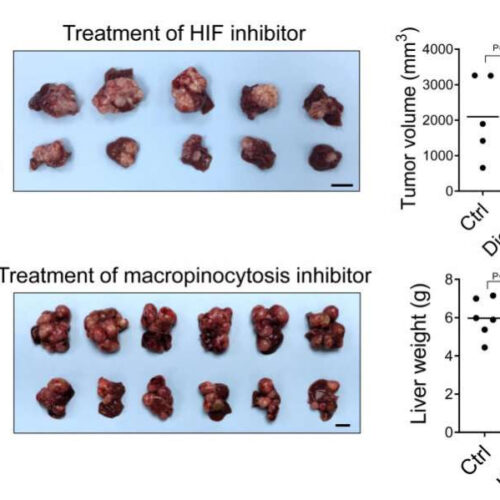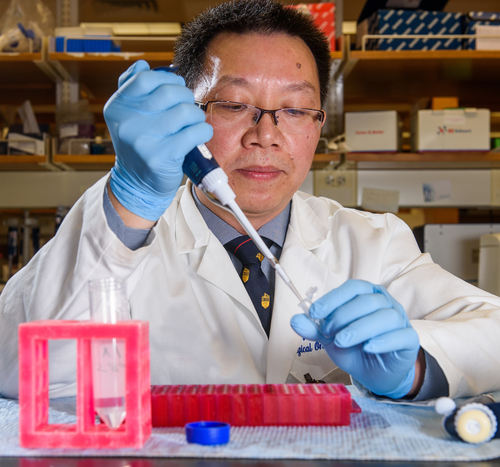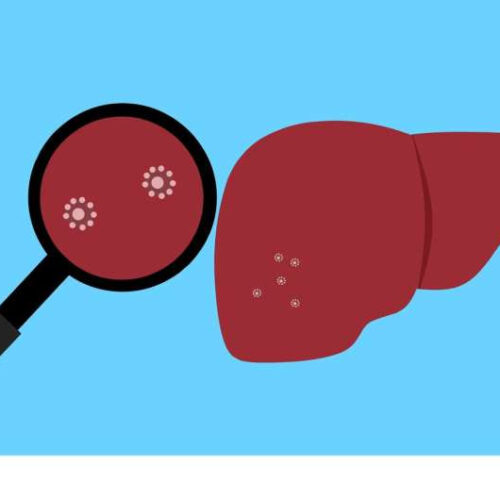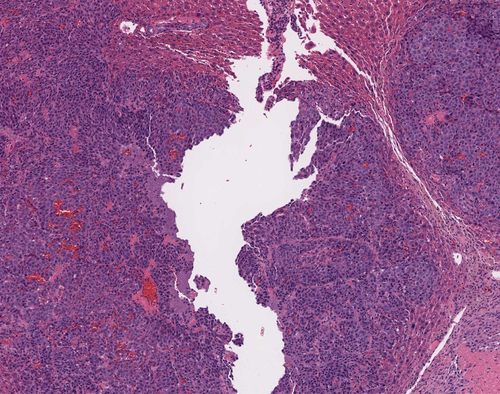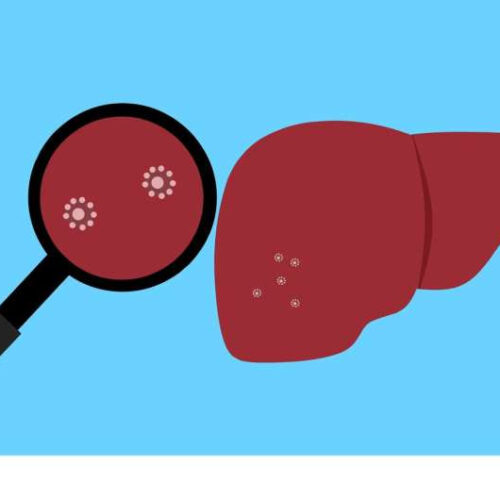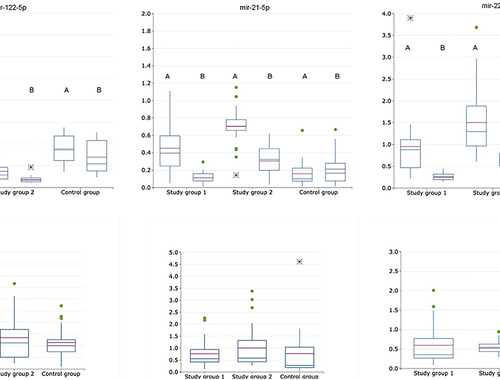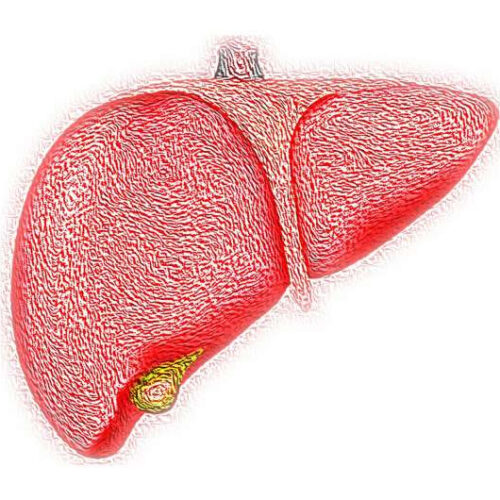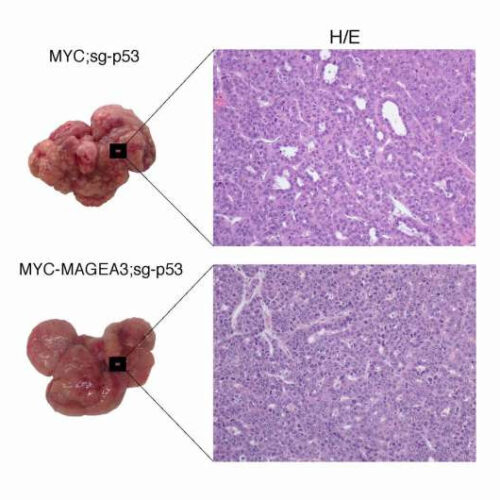by The University of Hong Kong Credit: The University of Hong Kong Researchers from the Department of Pathology, School of Clinical Medicine, LKS Faculty of Medicine, The University of Hong Kong (HKUMed) have identified a new metabolic mechanism in liver cancer cells, by which macropinocytosis, an endocytic process, is used to engulf extracellular proteins as...
Tag: <span>Liver cancer</span>
Causes of Liver Cancer are Changing Around the World: Some Up, Some Down
The primary causes of liver cancer are well known: viral (hepatitis B and C), alcohol, and non-alcoholic steatohepatitis (NASH), a condition in which fat builds up in the liver, resulting in chronic inflammation and damage. But in a paper published in Cell Metabolism, an international team of scientists, led by researchers at the University of California San Diego...
Researchers discover effective combination immunotherapy for liver cancer
UNIVERSITY OF MISSOURI-COLUMBIA IMAGE: CO-PRINCIPAL INVESTIGATOR GUANGFU LI, PHD, DVM, ASSOCIATE PROFESSOR IN THE DEPARTMENT OF SURGERY AND DEPARTMENT OF MOLECULAR MICROBIOLOGY AND IMMUNOLOGY AT THE UNIVERSITY OF MISSOURI SCHOOL OF MEDICINE. CREDIT: JUSTIN KELLEY/UNIVERSITY OF MISSOURI HEALTH CARE Researchers from the University of Missouri School of Medicine have discovered a specific combination immunotherapy that shows promise...
Researchers restore function in a gene that can suppress liver cancer and enhance immunotherapy
by Massachusetts General Hospital Credit: Pixabay/CC0 Public Domain A team of researchers from Massachusetts General Hospital (MGH) and Brigham and Women’s Hospital (BWH) has reprogrammed the tumor microenvironment of liver cancer by using mRNA nanoparticles. This technology, similar to the one used in COVID-19 vaccines, restored the function of the p53 master regulator gene, a tumor suppressor...
Cutting off liver cancer’s nutrient supply chain
COLD SPRING HARBOR LABORATORY IMAGE: A CROSS-SECTION OF MOUSE LIVER TISSUE CONTAINING A LIVER CANCER TUMOR. CANCER TISSUE IS SHOWN IN PURPLE AND HEALTHY TISSUE IS SHOWN IN PINK. CSHL PROFESSOR ADRIAN KRAINER AND HIS TEAM FOUND A WAY TO MAKE MOUSE LIVER CELLS PRODUCE A CANCER-SUPPRESSING PROTEIN AND SIMULTANEOUSLY REDUCE THE LEVELS OF A...
Researchers identify novel pathways responsible for liver cancer
by National University of Singapore Credit: Pixabay/CC0 Public Domain Hepatocellular carcinoma (HCC) is the most common type of primary liver cancer. It is one of leading causes of cancer-related deaths globally, with more than 700,000 new cases and 600,000 estimated HCC deaths each year. HCC occurs most often in people with chronic liver diseases such...
New findings may contribute to better diagnosis and treatment of liver cancer
KAROLINSKA INSTITUTET In a new study, researchers at Karolinska Institutet have identified the presence of a specific connection between a protein and an lncRNA molecule in liver cancer. By increasing the presence of the lncRNA molecule, the fat depots of the tumor cell decrease, which causes the division of tumor cells to cease, and they eventually...
Oncotarget: miRNA expression in cirrhosis and liver cancer
IMPACT JOURNALS LLC IMAGE: RELATIVE EXPRESSION OF EXOSOMAL AND NON-EXOSOMAL MIRNAS NORMALIZED TO THE CORRESPONDING MIRNA-16-5P (UPPER RAW) AND NORMALIZED AS EXOSOMAL TO NON-EXOSOMAL MIRNAS RATIO (LOWER RAW) IN SALIVA OF PATIENTS WITH HCV-RELATED CIRRHOSIS (STUDY GROUP 1, N = 24), LIVER CANCER (STUDY GROUP 2, N = 24) AND HEALTHY VOLUNTEERS (CONTROL GROUP, N...
Smart combination therapy for liver cancer tackles drug resistance
by Netherlands Cancer Institute Credit: CC0 Public Domain Liver cancer is one of the most common cancer types worldwide and is especially common in China. A collaborative effort between researchers at the Netherlands Cancer Institute and Shanghai using CRISPR/Cas has led to the discovery that insensitivity to a liver cancer drug can be prevented if it is given...
Genetic study of liver cancer reveals new drug target
by Public Library of Science Histological pictures of aggressive hepatic tumors obtained from transgenic mice (using tail vein injection of transposable genetic elements) with induced overexpression of MAGEA3. Credit: Craig AJ et al., 2021, PLOS Genetics Drugs targeting the gene MAGEA3 may help block the growth of hepatocellular carcinoma (HCC), the most common type of primary...

